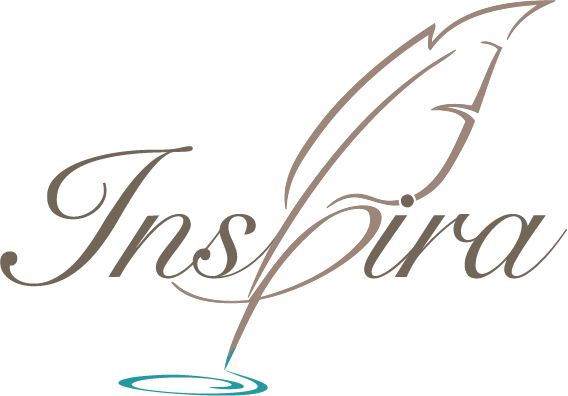Finding Your Target Audience
/When we at Inspira meet with authors about publishing their books, one of the first questions we ask them is: “Who is your target audience?”
This is one of the most critical questions authors can ask themselves because the answer informs every aspect of the publishing process. From writing to editing to design to marketing, knowing your book’s target audience sharpens your focus and helps you get your book to the people who most need to read it. In this post, we’ll go over the concept of a target audience and explain why knowing yours will take your writing to the next level.
Your book’s target audience is the group of people you want to read it. Now, it is tempting for authors to write a book “for everybody”—after all, we want the whole world to love our books! However, vagueness about your readership blunts your book’s impact and makes it less accessible to your ideal audience. Think of the books that have impacted you the most: likely, you felt as if they were directly speaking to you—and odds are, they were! Establishing your target audience ensures your message will get to real people. While you can define your target audience as a group of people, it’s even more powerful to imagine a single person to represent that group.
So, imagine that reader, whether they are someone you know or someone you invent. What do they look like? What do they wear? Where do they live? What is their gender, their religion, their job, their age, their marital status, their cultural background, their economic status? What do they care about? What kind of books do they gravitate toward? Do they read to be educated, amused, inspired, challenged, frightened, comforted? Do they want to escape the world through reading or tap into it more deeply?
In addition to focusing on who you are writing to, you may also take a moment to acknowledge who you are not writing to. If you are writing a historical romance novel, you are likely not writing to ten-year-old boys. If you are writing a book on entrepreneurship for women, you are not writing to retired male golf aficionados. If your book is full of faith-based or geographically specific language, lean into that and let yourself be an expert for your target audience rather than trying to be accessible to everyone.
The more clearly you envision your ideal reader’s heart, the better your writing will be. While it may seem restrictive to get this specific about your audience, rest assured that there is freedom in specificity. It keeps you from worrying about whether people outside your target audience will “get it,” and it hits the hearts of your intended readers more deeply.
Paradoxically and wonderfully, you may find that directing your book to a clearly defined audience makes it more accessible to groups you’d never expect to be interested in it! Clear, focused writing has a way of finding itself into the right hand—and those hands are sometimes the ones you’d least expect.
Want to find out more about building your audience?


